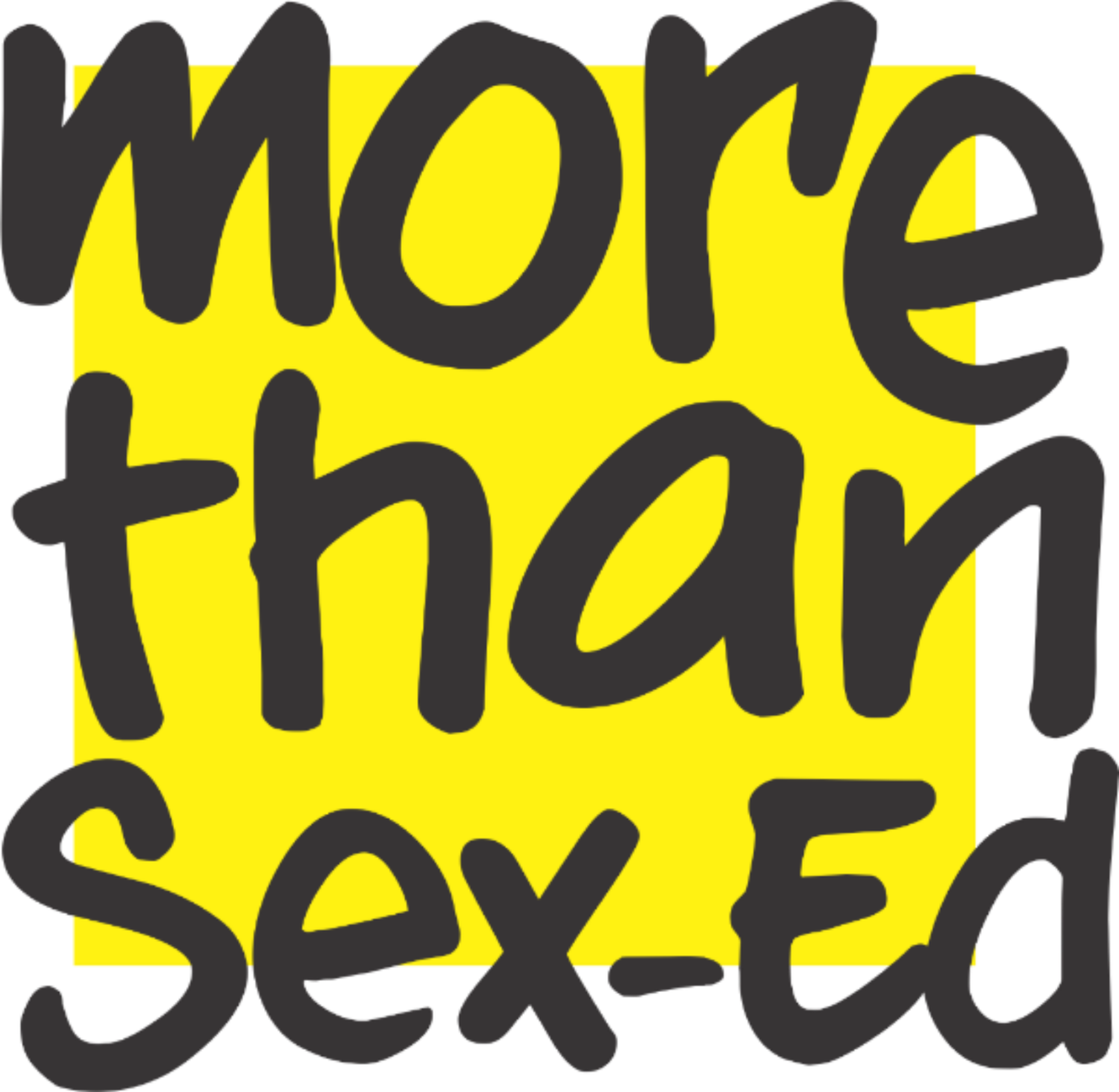"According to a 2013 survey by GLSEN, a national nonprofit focused on providing safe educational spaces for LGBTQ students, just 5 percent of LGBTQ students reported having health classes that included positive representations of LGBTQ-related topics. And a 2015 study by the Public Religion Research Institute found just 12 percent of millennials said their sex education classes covered same-sex relationships at all. "
The Fosters, a show broadcasting on the Freeform network, has recently aired a series of episodes that addresses what's been sorely missing in sex-ed: Sexual Orientation and Gender Identity! Of the fifty states, only 12 states require sexual orientation to be discussed in class and 3 out of the twelve states "require the schools only disseminate negative information about sexual orientation." The Fosters has challenged viewers to rethink how sex education can be more inclusive.
Our co-founder and facilitator, Emmalinda, was contacted by the writers for The Fosters on what an inclusive sex education might look like. Emmalinda discussed a variety of ideas that eventually made it into the two episode story arc. These ideas are non-binary language, safe space. In episode 15, season 4, Jude sits through an uncomfortable sex education course that is alien to his own experiences. As a gay teen, the hetero-normative language used in class is unrelated to Jude. Because of this binary heteronormative language in class, Jude decided to seek a "practice hook-up" on a gay dating app. The value of language that is non-binary and non-conforming is shown in this episode. Sex education with binary language is not inclusive to all students.
In episode 16, season 4, the idea of a safe space in sex education is presented through the off campus session Jude's parents provided. In the off campus LBGTQ sex ed session, the facilitator reminds the participants "sex is natural, healthy and pleasurable. And today we're going to talk about it without judgement, fear or shame." The safe space provided in this scene is what More Than Sex-Ed strongly advocates for in an inclusive sex education. Participants in an inclusive sex education should feel comfortable to ask, discuss and learn without fear, shame and judgement.
The results of inclusive sex education translates into obvious positive results. According to the 2015 GLSEN National School Climate Survey , LGBTQ students that attend inclusive sex education courses are less likely to miss classes and have more confidence in graduating high school.
The impacts of an inclusive education are vital to the success of LGBTQ students. Here at More than Sex-Ed we support inclusive sex education. For all things, sex-ed, please check out our website at morethansex-ed.org! Let us know what you think about inclusive sex education in the comments below, thank you!



